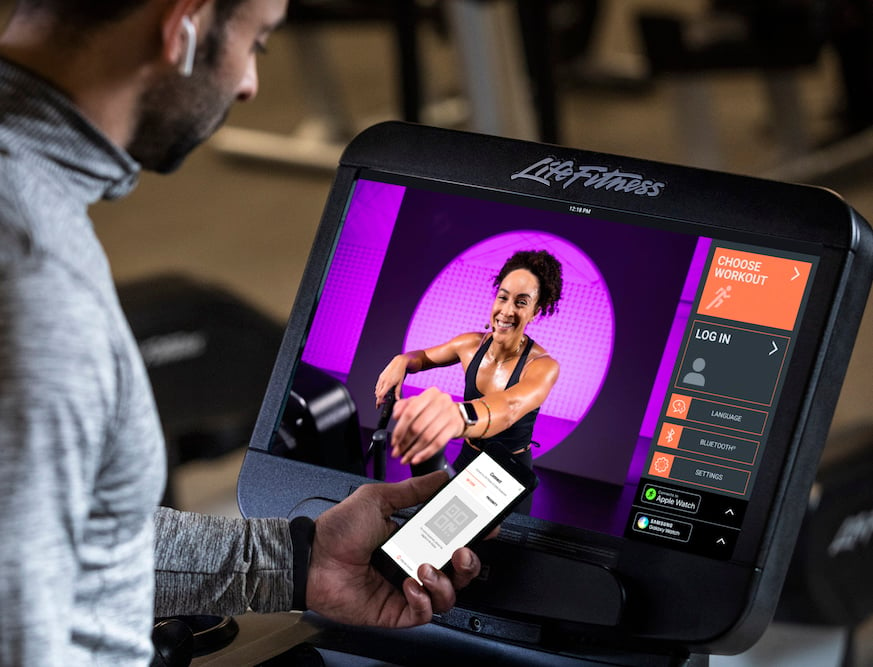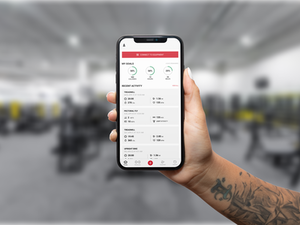Using fitness apps can improve your engagement with physical activity.
Research from Flinders University in South Australia has found that using fitness apps can increase physical activity engagement.
The study, led by PhD candidate Jasmine Petersen, shows that by sharing fitness activity and progress with social networks, exercisers in turn engage more enthusiastically with their apps.
“Sharing posts and receiving encouragement provides the social support many people need to stay motivated with exercise programs – and this doesn’t change across different age groups,” says Dr Ivanka Prichard, the study’s co-author.
The study
The researchers looked at almost 1,300 adults between the ages of 18 and 83. More than half of them used a commercial fitness activity app.The aim of the study was to assess physical activity, use of commercial fitness apps and psychological constructs.
The results of the study found that “app use was positively associated with physical activity engagement”.
In particular, when participants shared their progress on social media, they had a higher engagement with fitness due to “positive associations with self-efficacy and receiving encouragement.”
The results also showed that the more competitive a person, the better they engaged with the app. This was due to the incentives, rewards and gamified features of the apps.
Importantly, however, 88 per cent of the participants were female, meaning these results may be mainly applicable to women app users.
“App users are motivated by both the enjoyment derived from physical activity (intrinsic motivation) and the personal value placed on the outcomes of physical activity (identified regulation), and these combined motivations result in greater engagement in physical activity,” said lead author Jasmine Petersen.
Researchers believe that fitness apps are beneficial for promoting engagement in fitness activity because of the social aspect. The ability to receive social support and motivation via social media is a driver of continued fitness activity.
However, the researchers also note that if social networking is used to make direct comparisons with other exercisers, it can have a negative effect.
Based on studies like these — as well as previous research that shows fitness technology such as wearables are the number one fitness trend of 2020 — it’s clear that digital connectivity will be a huge part of the future of fitness. That’s why Life Fitness continuously innovates with the most digitally advanced fitness equipment that connects seamlessly to any device so users remain connected to their workouts and motivated and engaged to keep coming back for more.
Health clubs and fitness facilities should be embracing these new tools because it’s likely their members already have.
Reference
Petersen, et al. (2020.) ‘Psychological mechanisms underlying the relationship between commercial physical activity app use and physical activity engagement.’
Psychology of Sport and Exercise, Vol 51, November 2020, 101719.
dx.doi.org/10.1016/j.psychsport.2020.101719





















